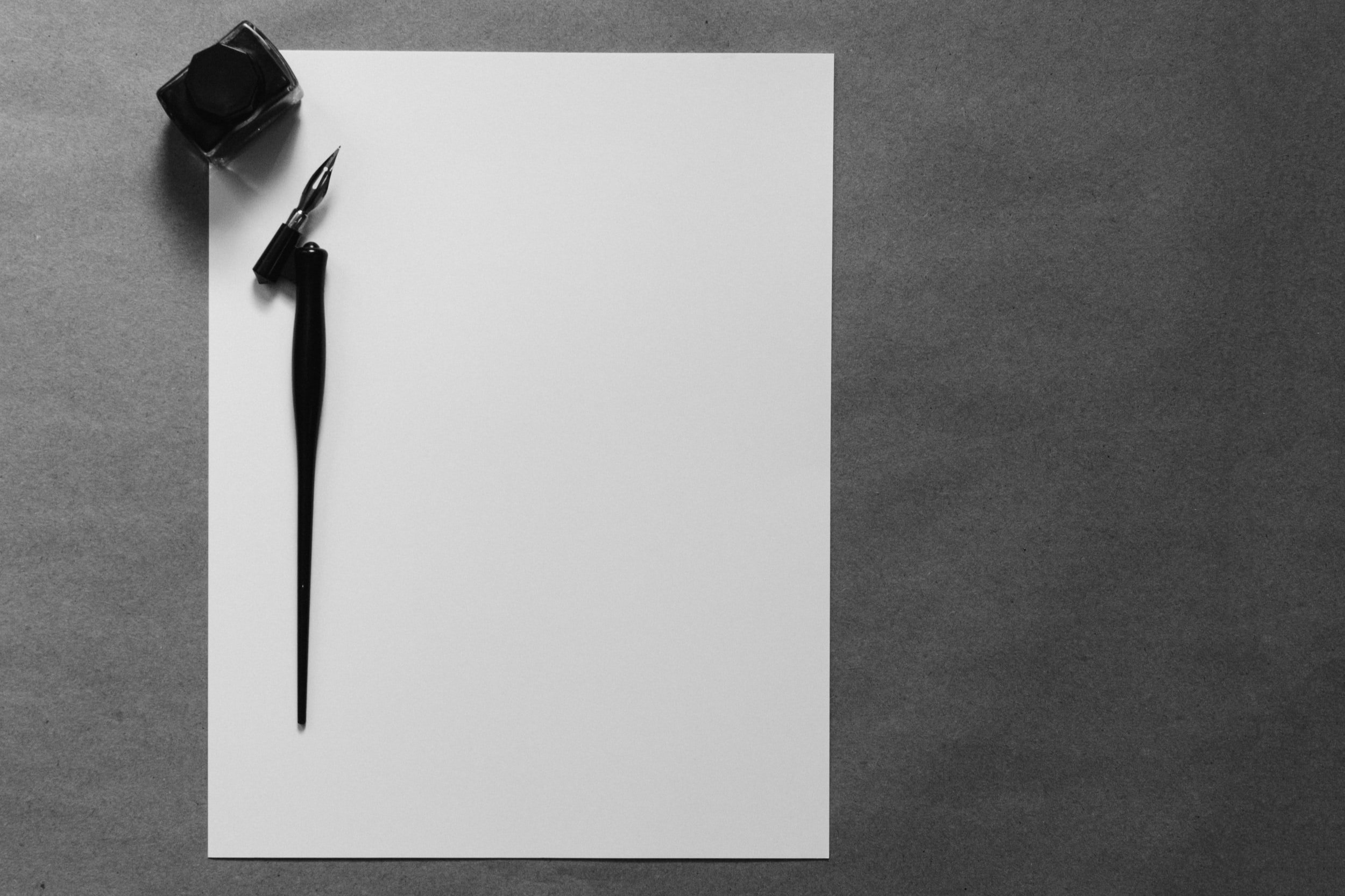On The Nakedness of Writing
If I had a quarter for every student who ever told me “English class is stupid/pointless/annoying/archaic. I don’t see why we have to take it.” I could have retired from teaching a whole lot sooner than I did. Ask anyone tasked with covering language (including second languages) and communications, and as they brush away a tear of rejection, they’ll tell you that getting their students on board is tricky. For quite a while, the study of language and literature has had a bad rap, and I have a theory about why this is so.
Okay, so you don’t walk out of English class with a set of tangible skills. We wordy types don’t generally teach people to weld (insert playful dig at foot-in-mouth politician here), or to code, or to design skyscrapers. Admittedly, if you’re going to be an engineer, you probably won’t find yourself dissecting Shakespearean sonnets at the office. English class won’t help you get into the NBA, or make you a better chef. I could launch into a diatribe about how soft skills like communication and argumentation are just as important as any technical know-how, and that our society is losing its soul as it loses touch with language arts. I won’t go into either of these, because I really don’t think they’re the reason why some people hate English class so much, why we classify it as something we have to take, instead of something we want to take.
Here’s what I think our collective fear is: writing (and public speaking too) make a lot of people feel like they do in those dreams where you realize you’re out in public and you’re surprisingly naked. Remember when you were little, and your teacher asked you to read a page out loud, in front of your leering, judgmental peers? Remember your shock and disgust when you found that someone had stolen your diary? Remember when you wrote a straggly love poem for your teenage crush, and they weren’t impressed? Yup, that’s what I’m talking about-naked, metaphorically speaking, anyway. It’s the worst form of public nudity, actually. There’s nothing like people pointing and laughing at your exposed ideas.
My very wise mother, also an English teacher, has always insisted that the key to being successful in learning any language is the willingness to take risks. You could be linguistically gifted, exposed to a number of different dialects, read to on a regular basis, and you’d still have to be willing to make a jackass of yourself at some point, screw up a little and have other people see it happen. Language is, after all, a communal thing.
When you write for a living, you get to know this fear of exposure intimately, because you put your work out for public consumption on a regular basis. You either take risks, or you don’t get read. Sometimes you are made fun of, or worse, sometimes no one responds at all. You get used to it (or not), and sometimes you forget that for people who don’t choose language as a career path, writing anything, even something technical or impersonal, can make a person feel incredibly vulnerable and exposed. Like it or not, even in the age of text messages and emojis, being able to express one’s self effectively still holds currency. Choosing this word over that word, using shorter or longer sentences, and punctuating properly all make a world of difference. Even those who claim that “English class is stupid” know this. It’s scary if you’re not confident in your ability to do these things. It’s scary even when you are confident.
The pen is mightier than the sword. True in ages past, still true now. Also still true: the pen is heavier than it looks, and it rarely does what we expect it to do. Perhaps instead of shooting the messenger (aka our English teacher), we should be a little more appreciative of those willing to take time to train us in its proper use.
